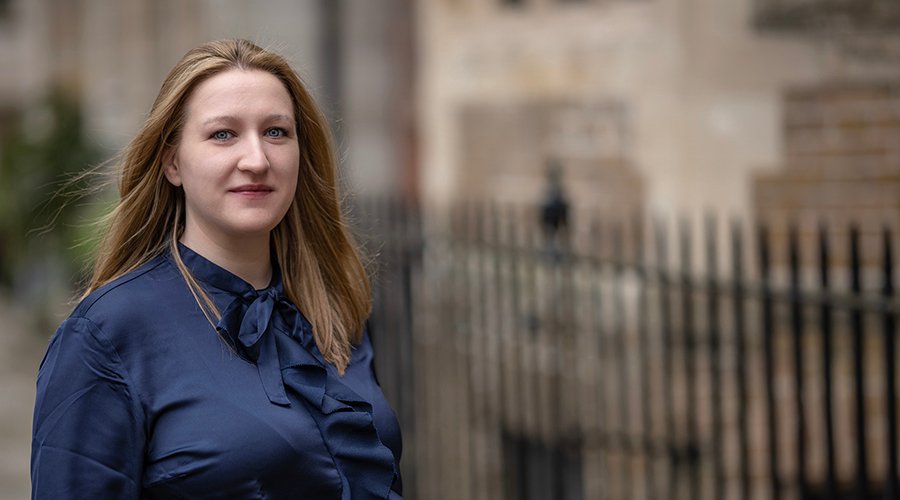On 14 January 2025, The Right Honourable Graham Stuart (Member of Parliament for Beverley and Holderness) moved the motion “That this House has considered the impact of planned changes to agricultural property relief and business property relief on...
In simple terms, a trust holds assets, in the hands of the trustees, for the benefit of whoever is named as beneficiaries to the trust on terms dictated by the trust.
The trustees are the legal owners and have responsibility for the protection and growth of the assets. The beneficiaries are the equitable owners and receive the benefits arising from the trust assets, be it income or capital.
Trusts have existed under UK law in various forms since the middle ages and are primarily used when considering three main issues: taxation, protecting assets and family wealth preservation. Trusts can be useful for a variety of reasons, including:
- Protecting your assets for future generations whilst still benefiting your family
- As part of an overall IHT planning exercise
- Where you would prefer beneficiaries did not automatically become entitled to your estate at the age of 18
- So that assets can be looked after on behalf of vulnerable individuals (e.g. someone with either physical or mental disabilities)
- For charitable purposes
Creating the right kind of trust to suit your needs can be complex and littered with potential adverse tax consequences. Our private client team has a wealth of experience in dealing with trusts and their associated complexities, including inheritance tax, income tax and capital gains tax implications. We are also able to help you to decide on the best type of trust to suit your requirements. We can assist with the creation of a trust, either by deed or by will and can advise on all matters associated with the management of the trust.
[rotator]
The partners of the firm often act as trustees and we would be happy to discuss their appointment with you if you are considering the need for independent trustees. This helps if you have concerns about potential conflicts of interest which may arise between family members.
To find out more about trusts please contact one of our specialist lawyers by email or call us on 020 7222 5381.









